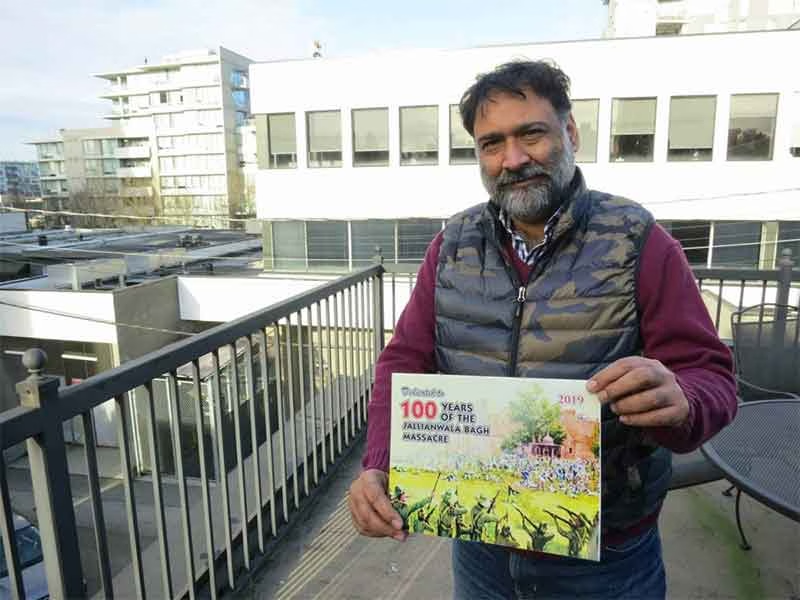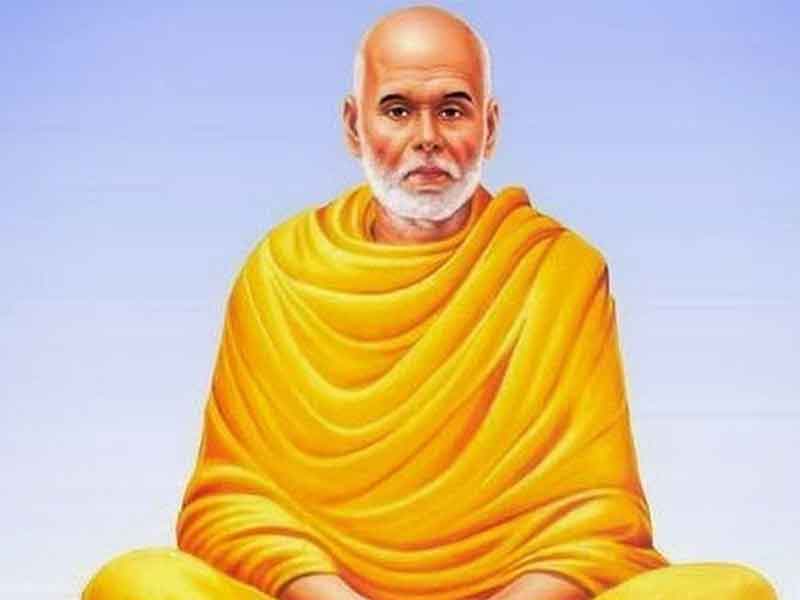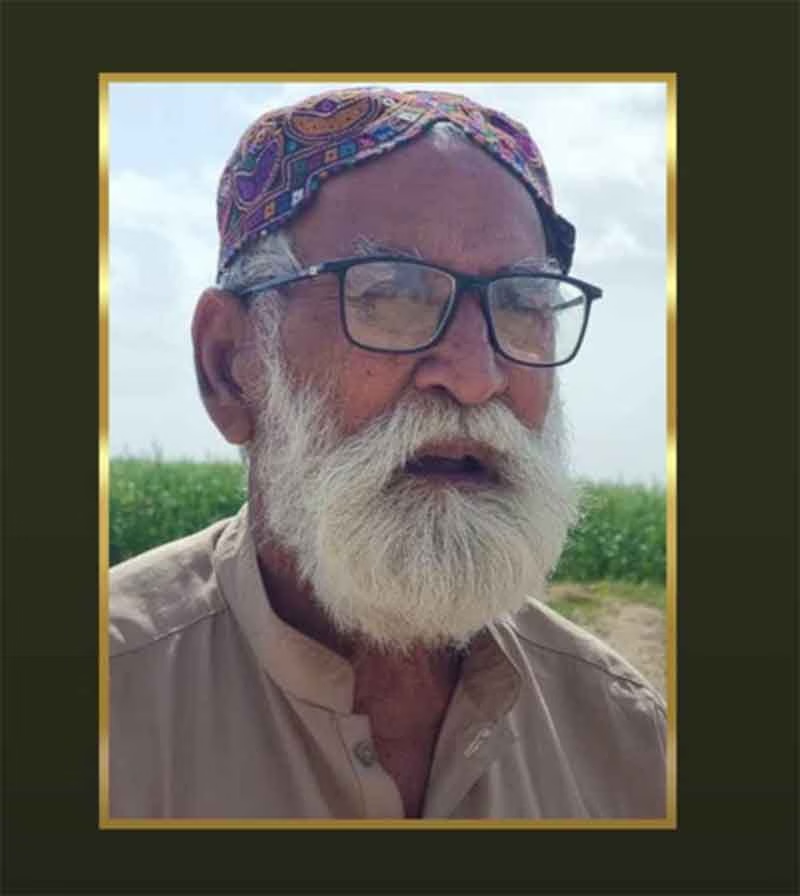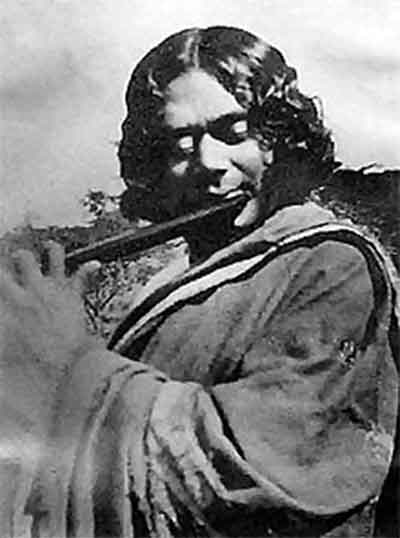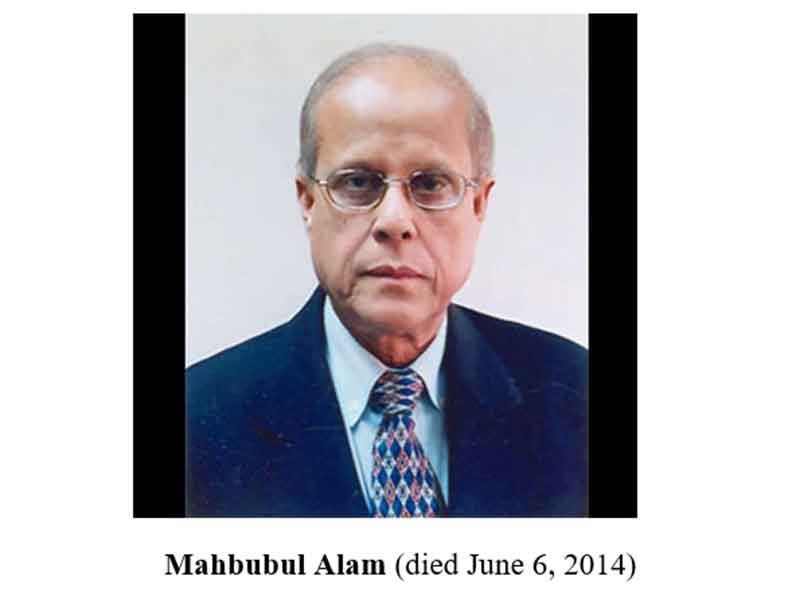
June 6, 2014 was a significant day on many levels – some worldwide, some personal. When I think of a person of unwavering integrity and honesty, the late journalist and editor Mahbubul Alam tops the list. When he comes into my thoughts, it reminds me of the following Emersonian quote: “Nothing is at last sacred but the integrity of your own mind.” Today’s tribute is about the significant loss of this notable person, my former editor of the Independent newspaper in Bangladesh. He passed away on June 6, 2014. Today marks 11 years of his passing.
Mahbubul Alam lived a life showing others that a person’s character and moral compass are more valuable than anything else. His integrity was his greatest asset. I was told by one of his closest confidants that even behind closed doors he always has behaved ethically.
As an old habit, before turning in for the night, I scan for news that I can’t miss on the Internet. Unfortunately, we read about relentless troubling accounts that dominate the global landscape than amazing stories. We mostly come across tragedies and upheaval in a chaotic world.
On the night of June, 6, 2014, before logging off, I went to an online site for Bangladesh, bdnews24.com to check on the latest updates. The newsflash I saw did not prepare me for such unforeseen news! Reflexively, I read that earlier in the day, veteran Bangladeshi journalist and the Independent’s former editor Mahbubul Alam passed away at Birdem Hospital in the city of Dhaka.
I shook my head in disbelief, because I couldn’t process the enormity of this news. His picture was with the news report; I couldn’t fathom or grasp the reality of it.
I just became numb, since I knew nothing about him being ill. The report had said that he died of old age-related complications. In a few minutes, the news of his death hit me like a ton of bricks. I felt dismayed and heard myself mumbling, “What old age? He was not old. How can he be gone?” Then I burst out in tears as it felt that I have lost someone very close to me.
I talked with editor Alam on the phone only two summers ago in 2012, when he came to Maryland, to visit his family. At the time I was in Massachusetts. I inquired about his health because I knew he was diabetic. For a second he was quiet and then said, “Oh, you remember that I am diabetic! Just like a caring and well-meaning sister, you are asking me about my health.” I could hear it in his voice that he was very touched.
How could I not remember that little fact from our lunch meeting a year before? The only face to face meeting with Mahbubul Alam took place on a fall afternoon in November of 2010 – regrettably, it was also my last. A year later, on the phone, we talked for a few minutes about his health, and about our respective families. He asked me about my daughter, and I asked him about his three daughters who at the time lived in Maryland. The conversation ended on a pleasant note about us meeting again in the near future. I made him say “yes” to coming to dinner at my house. The last conversation is still very vivid in my memory though it has been 12 years.
Prior to his Maryland visit in 2010, the Independent’s joint editor (I worked with him directly) at the time informed me about his upcoming visit, and wrote to me: “Our editor would like to meet you while in town.”
At the time I was writing a weekly column for the paper. It hasn’t been that long since I was offered the weekly spot by its joint editor. I felt a little nervous about meeting the editor-in-chief of a newspaper. It felt like my stomach was in knots, and I asked some of my contemporaries in Dhaka what to expect from that meeting.
One asked why I was so edgy about meeting him and rebuked me, saying, “If it was my editor, who wanted to meet me in person, I would be so honored that I would go out of my way to welcome him, and to please him by making an impression through a meaningful conversation.”
Another suggested that I should put on my most expensive pearl necklace, and my finest business clothes, and get my hair done before meeting him. I must make sure and take him to lunch in a fancy restaurant in DC’s Georgetown. Such suggestions did not help; only made me tense.
In the end, I only went to my neighborhood budget salon to get my hair washed and blow dried — and wearing my glasses, went to meet him in my casual daily attire.
Little did those individuals know that Mahbubul Alam was someone who neither cared about flashy things nor was comfortable listening to his praises. Instead, he showered me with compliments about my writing, and thanked me for being a part of the Independent family.
We only had met for an hour-and-a-half. Within that short time span, he captivated me to a point that his sudden death news would understandably make me lose composure on the night of June 6, 2014.
Prior to my meeting with him, the literature page editor of a Dhaka daily who knew editor Alam had told me that Mahbubul Alam is “an affable man with unobtrusive poise” — I found him to be such and a lot more.
Editor Alam was very pressed for time during his short visit, and couldn’t come to dinner at my home. On the phone then I asked him if he could join us for lunch instead. In reply he said, “Jabo lunch e” (Yes, can make it to lunch). I was curious about what kind of food he likes. I still remember his answer: “Thai food works for me.”
We went to pick him up from his daughter Mariam’s house in another township. When I rang the bell, Mahbubul Alam was already ready and waiting for us. As soon as he opened the front door, and smiled a very generous smile, all of my built-up anxieties went away.
Dressed in an Under Armour long sleeve mock neck royal blue Tee shirt and a navy blue blazer, Mahbubul Alam seemed like a familiar face. He appeared very calm and sociable, and yet he commanded respect.
We went to a Thai restaurant, near his daughter’s home, only fifteen minutes away. At the luncheon, he brought along his daughter. His wife could not join us as she was undergoing treatment for a serious illness. While in the car, the first thing he told me was that he knew the topic of my upcoming Wednesday’s post-editorial: Brazil’s Dilma Rousseff. From the backseat of the car, I saw that he kept on checking his mobile every ten minutes or so. When we came to the restaurant, he asked all of us to go in, and to get a corner table. He then said he will be along soon. He needed to make an urgent phone call to Dhaka.
After about ten minutes he entered the restaurant and informed us that the call had to do with Begum Khaleda Zia being evicted from her home, by the government. This had occurred the previous day in Dhaka. That is all he had disclosed, and I instinctively felt we won’t get any opinion on the matter from him. I was amazed to see how he conducted important official business without offending his guests.
During lunch, we talked about many different things. After learning that both he and I were raised in families with many children — we connected instantly. He told us that one of his brothers who were living abroad had passed away recently. At the time of his death, he was all alone. By the way he spoke about him, I could sense the huge amount of love he felt for his sibling. While having lunch, he recounted that once during international travel, he had fainted while in transit because he experienced hyperglycemia (a low blood sugar level). The airport authorities had to take him to a nearby hospital, and made sure he was well enough to fly.
Mahbubul Alam had talked a little about his wife, who used to be a teacher at a college in Dhaka. He told us that all three of his daughters had married American guys. As a doting grandpa he obviously adored all his grandchildren.
It was apparent that Mahbubul Alam exuded class and sophistication. There was a calm and comforting aura about him. As lunch progressed, it didn’t feel awkward even a bit that it was our very first meeting. I noticed that he did more listening than talking. But when he spoke, you paid attention to his words.
I also found him to have a good sense of humor. After ordering from the lunch menu, my husband wondered if we should order another extra rice dish, just in case! Upon hearing it, Mr. Alam looked very amused, and told us a funny anecdote about Bengali people’s quintessential love for “rice” and their constant worries about rice shortage when we have guests. He relayed to us that once, after eating a hearty lunch, his driver told him that he hadn’t eaten anything that day. When he was contradicted, the driver confessed that he had only eaten bread for lunch, and unless he eats bhat (rice), food didn’t fill him up. After hearing that there were roars of laughter, and we skipped ordering another platter.
From laughter the conversation got serious when it came to one local Maryland politician named Jack Johnson and his wife Leslie, who were in the news. They both were being indicted on several federal charges for corruption. The editor asked me to think about writing a column on that. I must have squinted a little because I wasn’t expecting any sort of request from him, and before I could say anything he said, “Eshob niye lekha khub dorkar, tahole aamader desher manushra dekhbe je corruption is a universal disease… (It is imperative to write about such things and our people in BD will see that corruption also takes place in the US). In other words he had meant “Bangladeshipoliticians will be mindful and see how America deals with a wave of political corruption.”
I also observed him to be extremely alert, and carefully engaged in the chit chat. Mr. Alam seemed very curious about Maryland’s Bangladeshi expat community. He had informed me about a new apparel store named Silkhouse, owned by a Bangladeshi man and his German wife that had just opened in Rockville’s business district. He casually suggested I should visit the store, and perhaps I would be interested in writing a piece on the upscale boutique.
In a few months’ time I did go there, and saw the store carried an array of versatile and stylish designs in a wonderful mix of colors and patterns. The owners told me that during his last visit, Mr. Alam came to their store and bought some desi tunics for his granddaughters.
In our conversation, two other Dhaka editors came up; whose papers’ I used to contribute to before coming on board to the Independent. He had praised them profusely for their journalistic ethic among other qualities. Then he smiled and to my slight embarrassment told me, “Their loss is our gain.”
As lunch was winding down he asked me if I have a bank account in Dhaka. When I looked at him wide-eyed, he said, “Time has value. Therefore, you should be given an honorarium. Our finance department will deposit the amount in your account.” When I replied in the negative he assured me that he will arrange for the money to come to me. And he kept his word.
I did not really know Mahbubul Alam in his professional setting, nor did I know much about his accomplishments precisely the way his colleagues and friends do.
But fifteen years ago, the brief encounter I had with him, and the conversation we had during that enjoyable lunch, I gained an insight into his personality. I came to the conclusion that he was a true gentleman. Mahbubul Alam was not the kind of person one forgets easily.
His early death is undeniably a loss to Bangladesh media, not to mention a loss for his wife, three daughters, and grandchildren, and all his friends and colleagues.
We have lost an extraordinary person prematurely, and the void in our hearts will remain for many years to come. On the 11th anniversary of Editor Mahbubul Alam’s death, we mourn him; we pray for him, and remember him with great appreciation. We acknowledge his enormous contribution to ethical journalism, “a cornerstone of a free and informed society.”
Eid Mubarak!
Zeenat Khan as Special ED teacher co-taught Middle School students (Gr.5-8) with mild learning disabilities at a parochial school in Washington DC She writes from Maryland, USA


